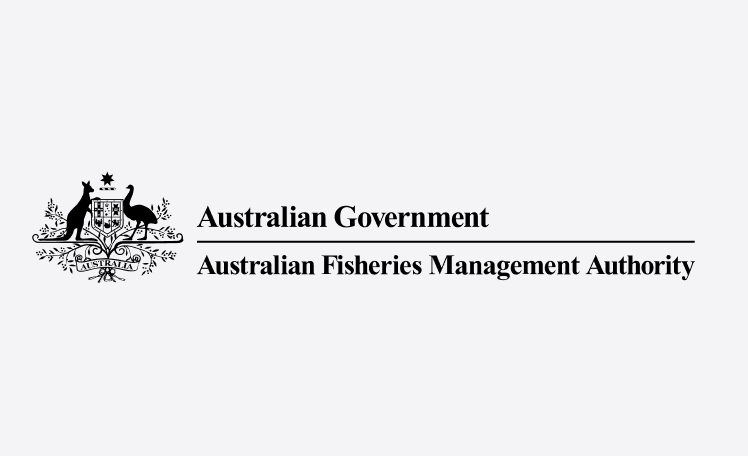The Niue Treaty Subsidiary Agreement (NTSA) is a multilateral treaty between some members of the Pacific Islands Forum Fisheries Agency (FFA). Nations which have agreed to be legally bound by the NTSA are known as Parties. Australia became a Party to the NTSA when it ratified the treaty in July 2017. The treaty delivers a framework for Parties to participate in cooperative surveillance and enforcement activities throughout the Pacific by:
- maximising operational reach through the sharing of resources (e.g. patrol boats, equipment, officers and training material)
- providing the legal framework for information exchange of fisheries data and intelligence, including cooperative legal assistance during investigation and prosecution processes
- facilitating joint operations to exercise greater surveillance and enforcement functions (e.g. investigations, port inspections and at sea inspections).
What is the NTSA used for?
The NTSA is a valuable tool for sharing resources and information to combat illegal, unreported, and unregulated (IUU) fishing. The treaty has assisted in a number of successful surveillance, compliance and enforcement activities targeting IUU fishing in the Pacific.
While addressing IUU fishing is a focus of the NTSA, it can also be used for wider maritime law enforcement by supporting broader implementation of the Boe Declaration on regional security.
A key element of the NTSA is the Niue Treaty Information System (NTIS), which provides an online platform that facilitates secure sharing of information and resources between Parties. Parties to the NTSA can request information and resources of other Parties using the NTIS. The Australian Fisheries Management Authority (AFMA) is Australia’s National NTSA Authority and the contact point for requests.
